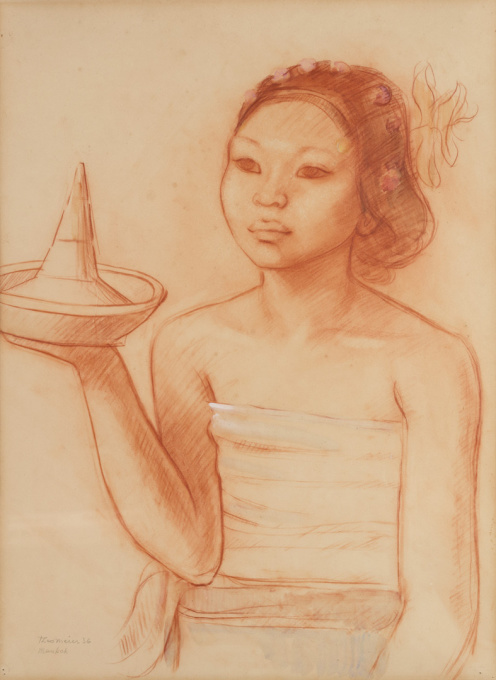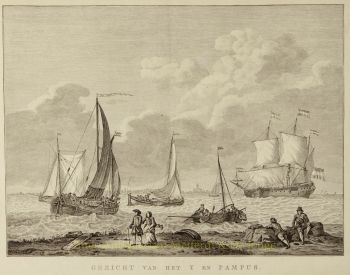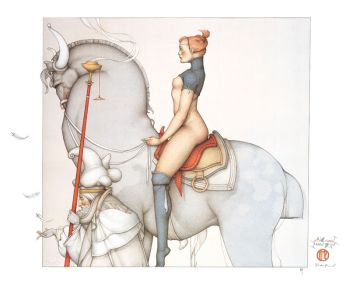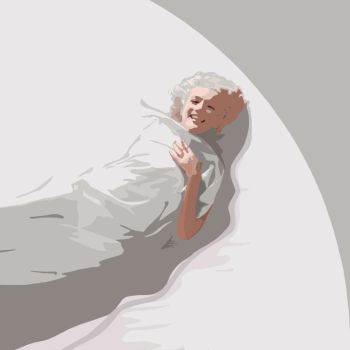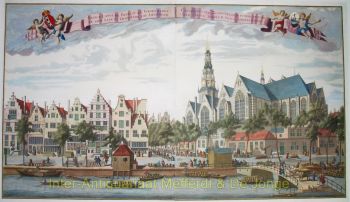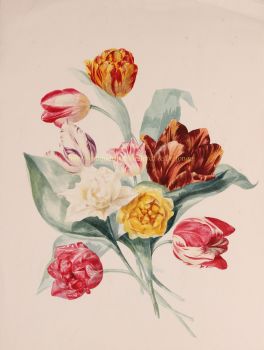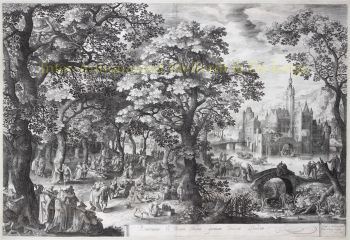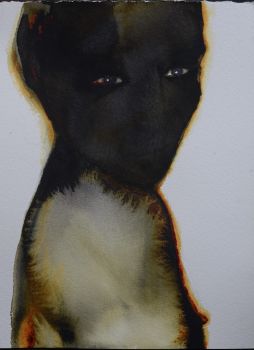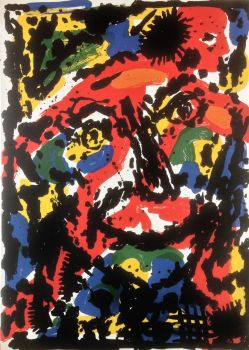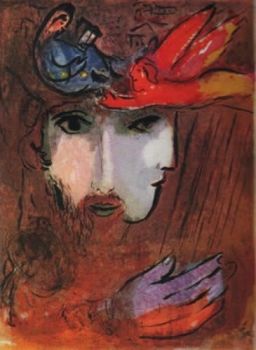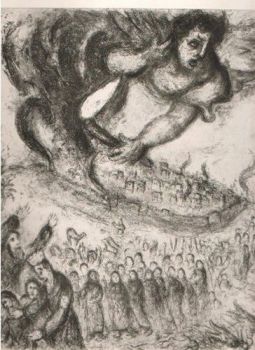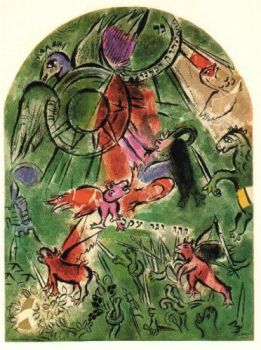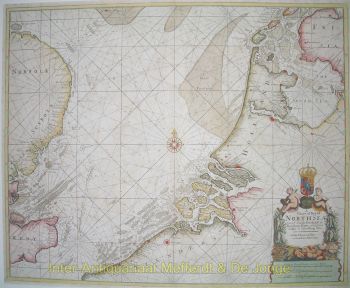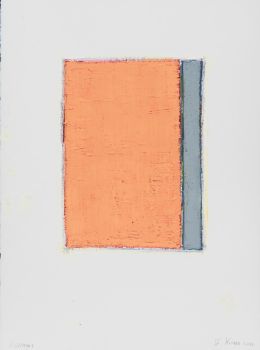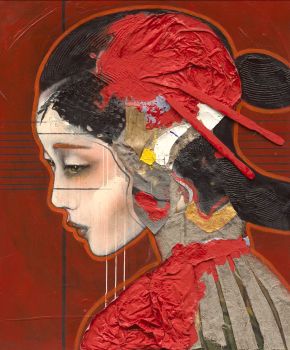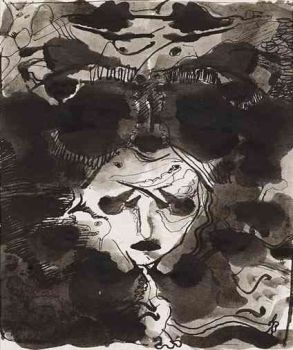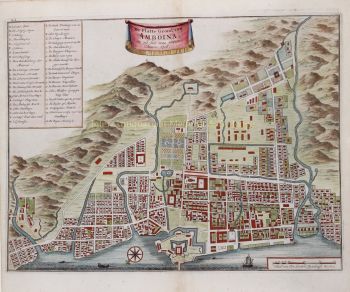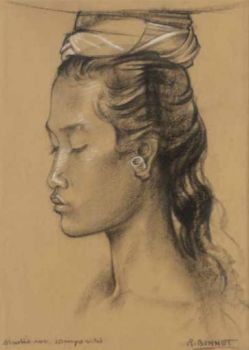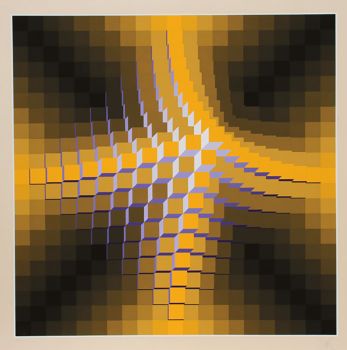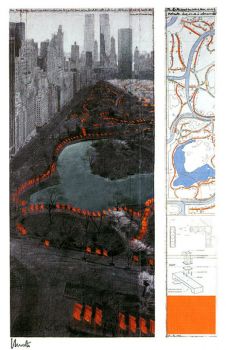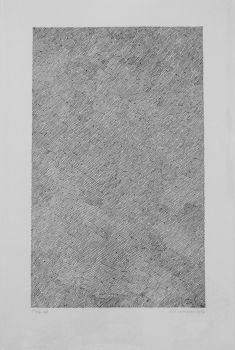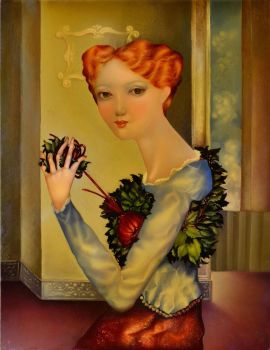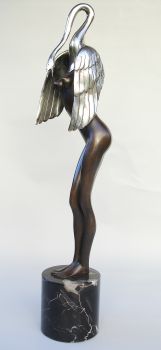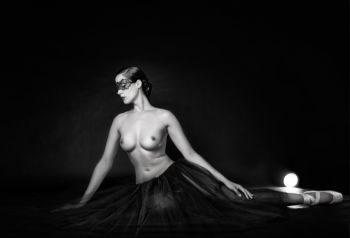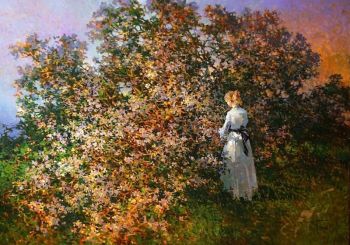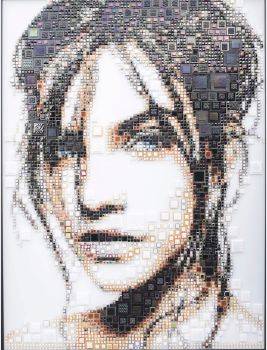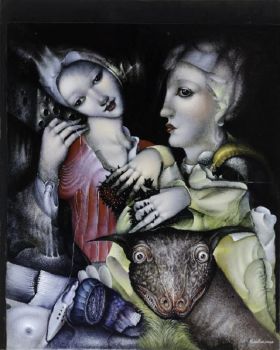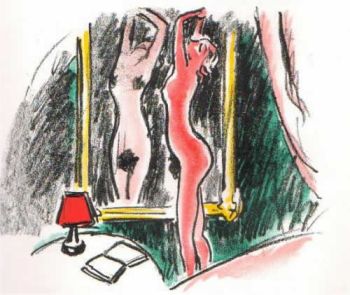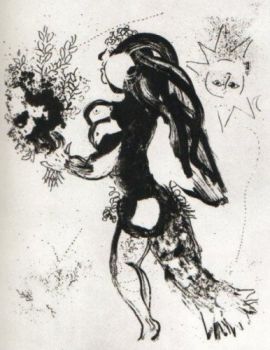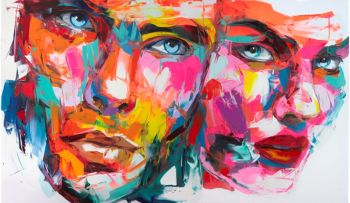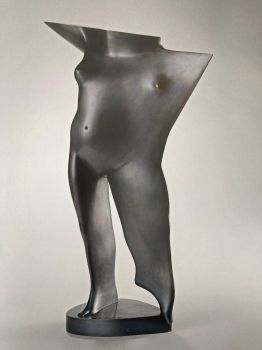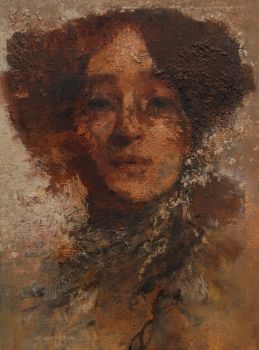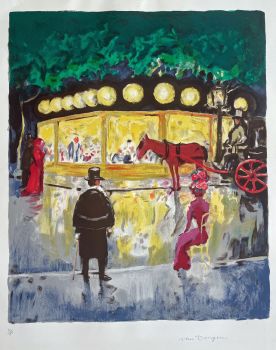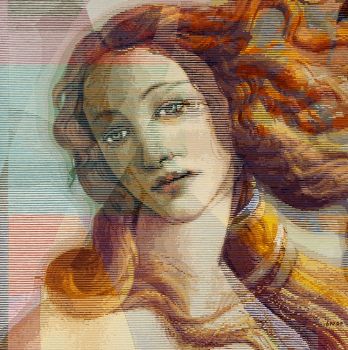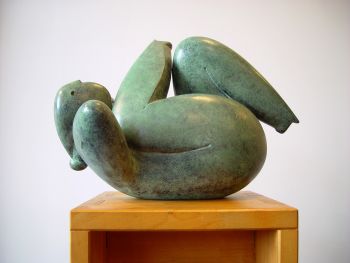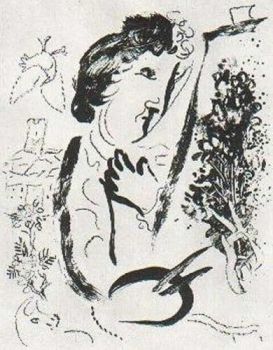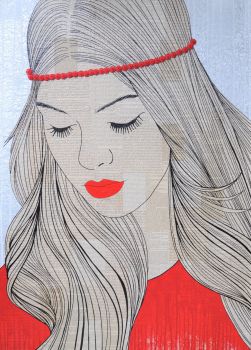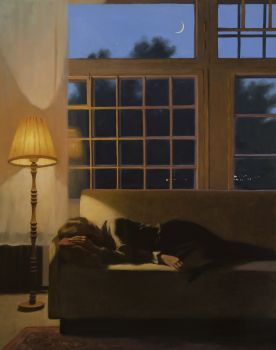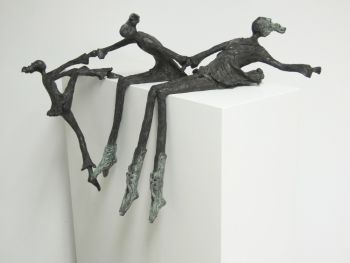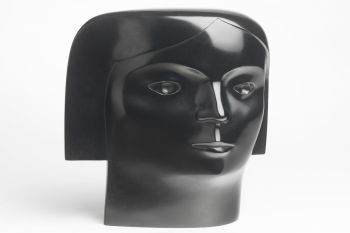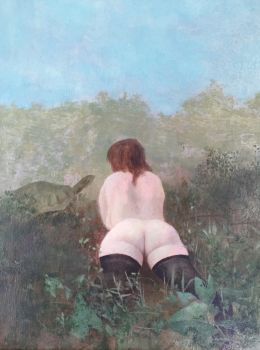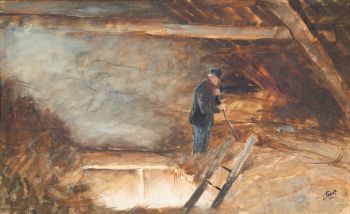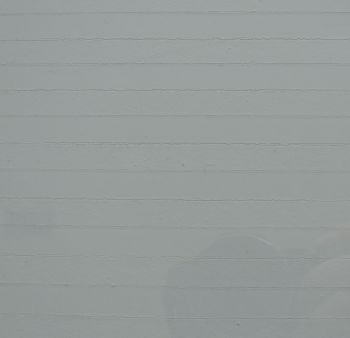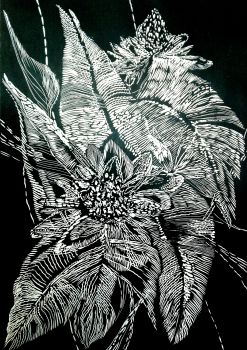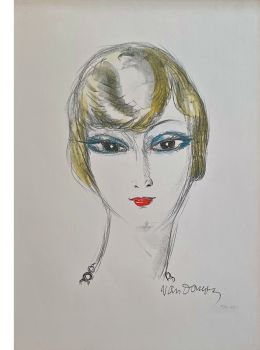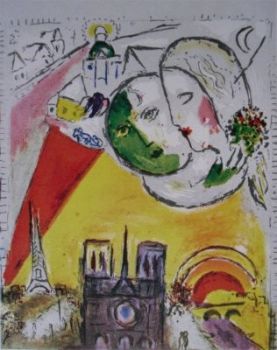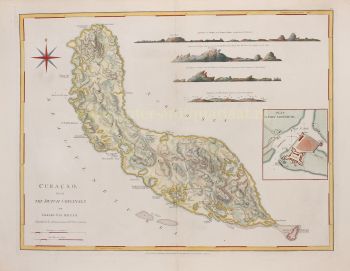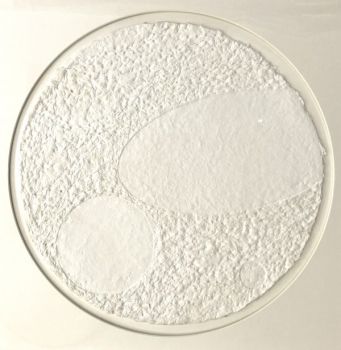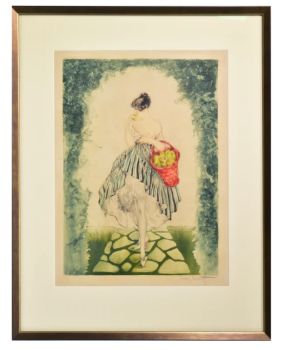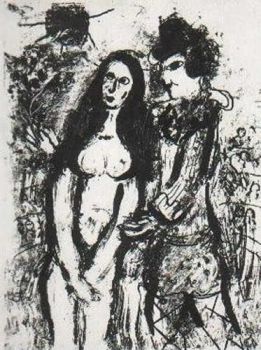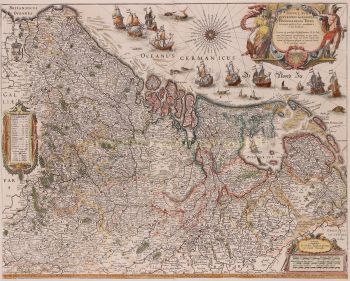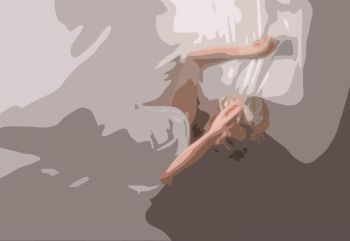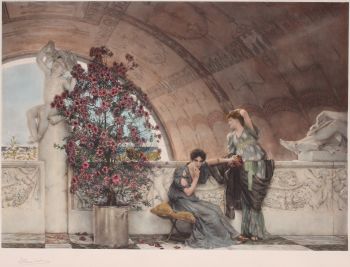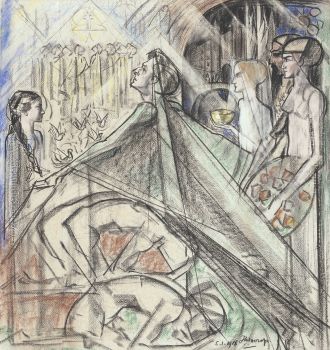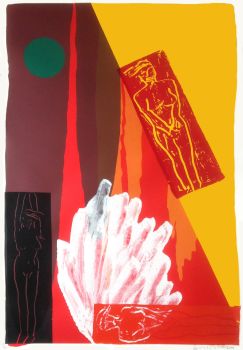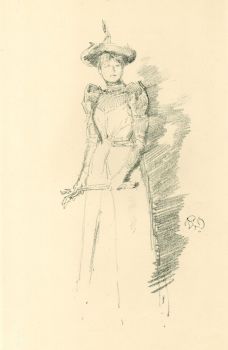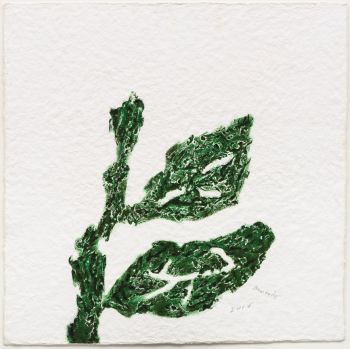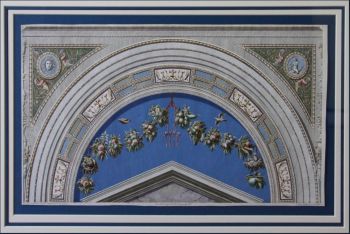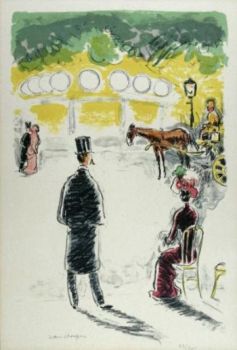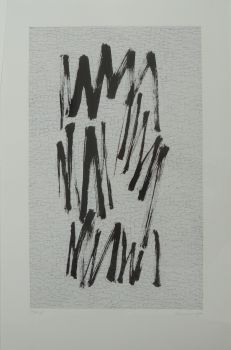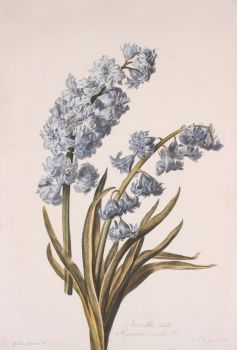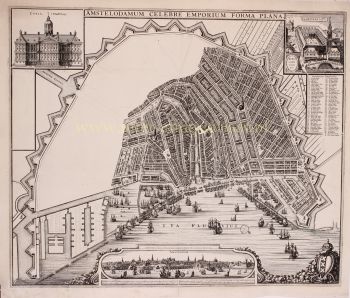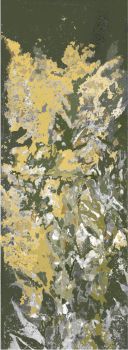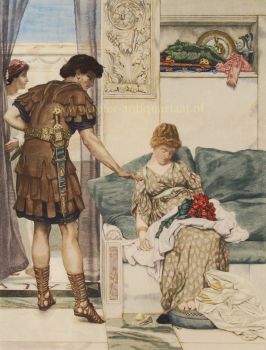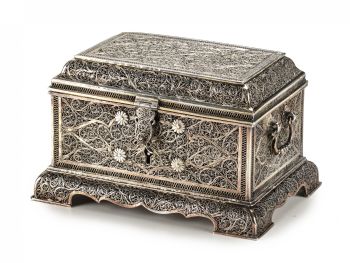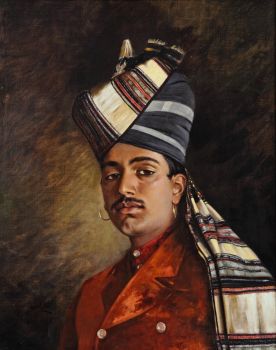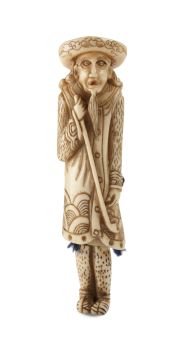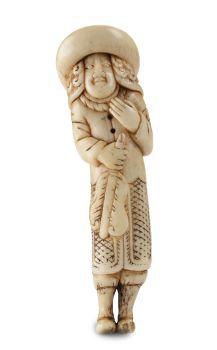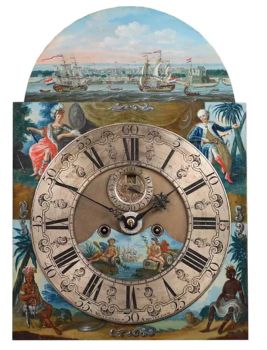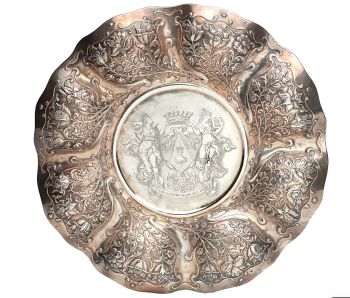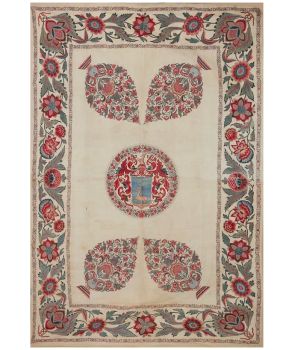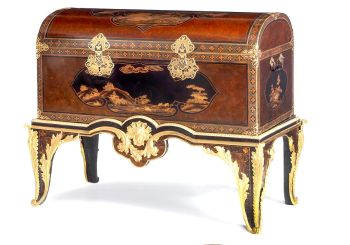“Uma mulher balinesa com ofertas” 1936
Theo Meier
Papel
57 ⨯ 41 cm
Preço em pedido
Zebregs & Röell - Fine Art - Antiques
- Sobre arteTHEO MEIER (1908-1982)
“A Balinese woman with offerings”
Signed, dated '36 and annotated Mankok (the name of the sitter) lower left
Sanguine on paper, 57 x 41.5 cm
In a hand-made and hand-painted frame with address: Max Knöll, Herberggasse 4/1, Basel.
Provenance:
Private collection, Basel (acquired directly from the artist)
Private collection, London
Note:
Theo Meier was born in Basel, where he attended art school and became a successful portrait painter. However, after visiting an exhibition in Basel of Tahitian paintings by Paul Gaugin, he decided to follow in Gaugin’s footsteps and go to the South Pacific. To finance his voyage, he founded a club in which every member pledged a monthly sum in return of which they could choose one of Meier’s paintings upon his return.
In 1932, at the age of 24, he embarked on his voyage to the South Sea. In Tahiti, he certainly discovered the beauty of the colours of the tropical world but the primitive simplicity of the inhabitants, he had seen in Gaugin’s paintings turned out to be more in the artist’s fantasy than in reality. He returned to Basel but in 1935 again was on his way to the South Sea. In 1936 he arrived in Bali, planning to stay there for two or three weeks, but thirty years later he was still there. In Bali “a delirium laid hold of me which even today has not subsided”, he was to write much later. The present drawing was made during his first “delirius” year in Bali. In Bali, he settled and found inspiration and friendship with other artists including Walter Spies, who guided Theo to a deeper understanding of Balinese culture and invited him to his small mountain retreat in the village of Iseh (for a beautiful painting of Iseh by Meier see Uit Verre Streken, March 2018, nr. 60). In 1938 he married a young girl from the village, Ni Madé Mulugan, and in June 1939 his first daughter was born. In 1941 he divorced Ni Madé and a year later remarried his favourite model, Madé Pegi.
During the Japanese occupation of Indonesia and the subsequent war of independence, Theo lived in Iseh with Madé Pegi who bore him his second daughter in 1948. In 1950, for the first time in 15 years, Theo went back to Basel to sell paintings and get some money to support his family in Bali. When he returned in 1952, he found Madé Pegi in love with a Balinese dancer, and they divorced. In December 1955, two years before Sukarno decreed that all foreign residents had to leave the country, Theo went back to Switzerland where he had several financially successful exhibitions. In 1957, on the invitation of his friend Prince Sanidh Rangsit, Theo moved to Thailand. In 1966 he returned to Bali for the first time in many years and purchased land in Iseh to build a house.
- Sobre artistaTheo Meier era um artista suíço de Basel, especialmente ativo em Bali e na Tailândia. Ele estudou na Academia de Belas Artes de Basel e iniciou sua carreira artística após receber um subsídio da Academia. Depois de um retrato comissionado de sucesso, Meier pôde viajar para Berlim, onde conheceu artistas como Emil Nolde, Max Lieberman e Otto Dix, que lhe ensinaram muito sobre técnicas de pintura. Inspirado por Gauguin, Meier viajou para o Taiti aos 24 anos. Ele voltou desiludido, entretanto, após não ter encontrado o modo de vida primitivo que esperava ver com seus próprios olhos. Um ano depois, Meier foi para Bali. Ele ficou imediatamente impressionado com a bela ilha e sua cultura. Ele se estabeleceu em Sanur, conheceu outros artistas na ilha e se casou relativamente rápido em 1936 com uma mulher balinesa. Durante a invasão japonesa na Segunda Guerra Mundial, Meier foi autorizado a ficar em Bali, pois o suíço era um estado neutro, mas muitas de suas obras foram confiscadas e perdidas. Na década de 1950, Meier voltou para a Suíça por um curto período de tempo. Em 1957, ele viajou para a Tailândia, onde se estabeleceria em Chiang Mai pelo resto de sua vida, pintando a paisagem local e as pessoas. Theo Meier trabalhou em um estilo colorido, rsemelhante a Gauguin e os fauvistas. Seu trabalho pode ser visto em várias coleções e museus em todo o mundo.
Você está interessado em comprar esta obra de arte?
Artwork details
Related artworks
- 1 - 4 / 24
- 1 - 4 / 24
- 1 - 4 / 24
Artista Desconhecido
A gem-set ivory sculpture of an Ottoman sultan1700 - 1750
Preço em pedidoZebregs & Röell - Fine Art - Antiques
Artista Desconhecido
A Surinam-themed Amsterdam long-case clock1746 - 1756
Preço em pedidoZebregs & Röell - Fine Art - Antiques
 Com curadoria de
Com curadoria deGallerease Magazine
1 - 4 / 12

